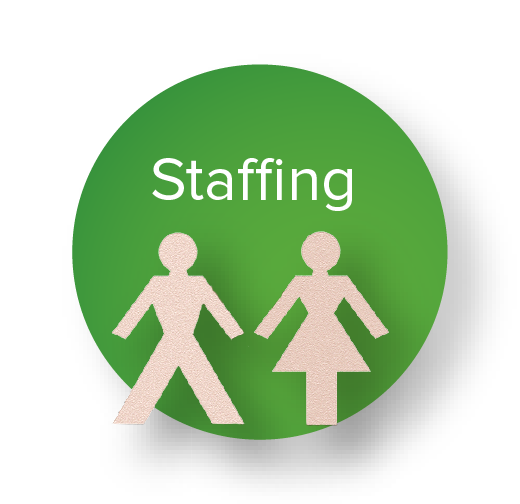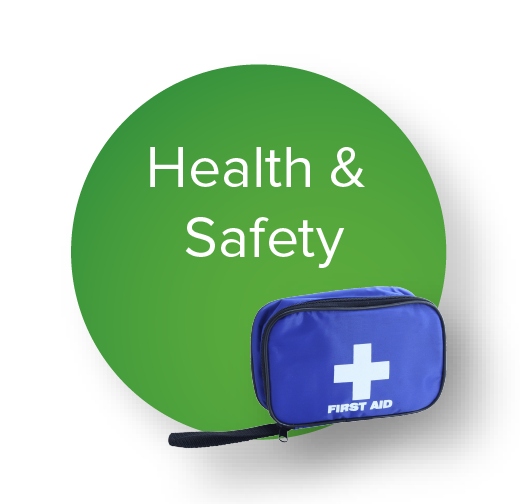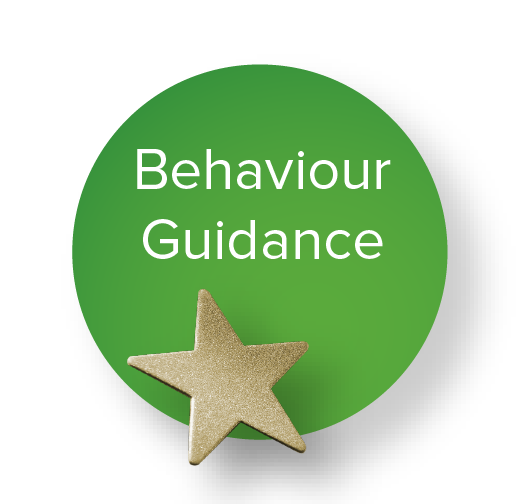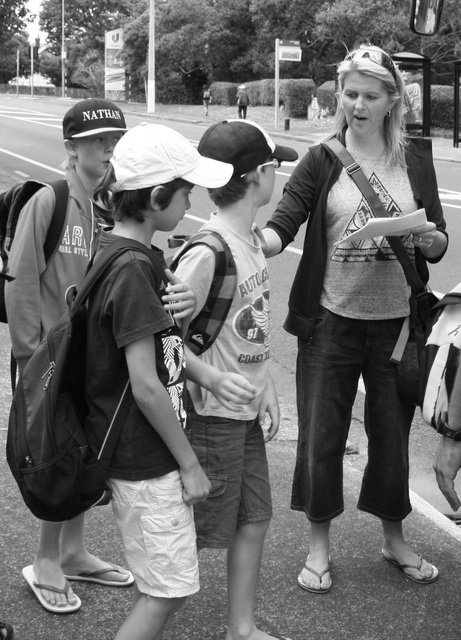Welcome to our resources area . Feel free to have a look around - there are lots of samples you can preview. OSCN members can log in for access to all our resources. Email us if you need help. For activity ideas, head over here.
Featured resources
Sample of a recent OSCN newsletter
Child protection policy template
Keeping us all safe - a staff orientation to safeguarding

OSCN Publications
Log-in to print your own copies or browse using the "view a sample" link.
These resources are subject to copyright. The Out of School Care Network gives permission for this information to be used for the purpose of operating an OSCAR programme. Please do not make copies to give to other organisations. For permission regarding any other copying or reproduction, please contact OSCN.
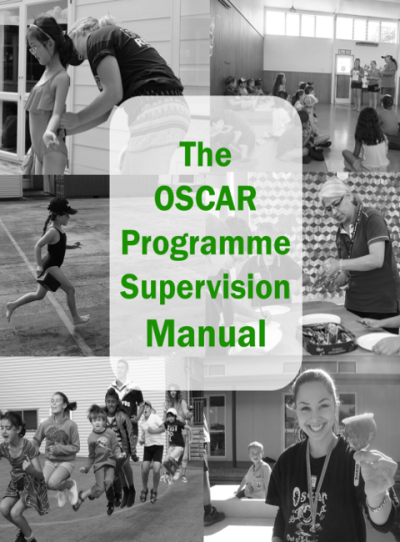
Programme Supervision Manual
A comprehensive guide to help staff understand and practice effective supervision. It has a set of short, accessible topics that can be customise to fit any staff induction process, or to use for discussion at staff meetings: rules and boundaries, duty of care, playground safety, excursions, behaviour guidance. Includes a checklist for giving feedback on programme supervision. Print copies $2.50 each ($5 for non members).
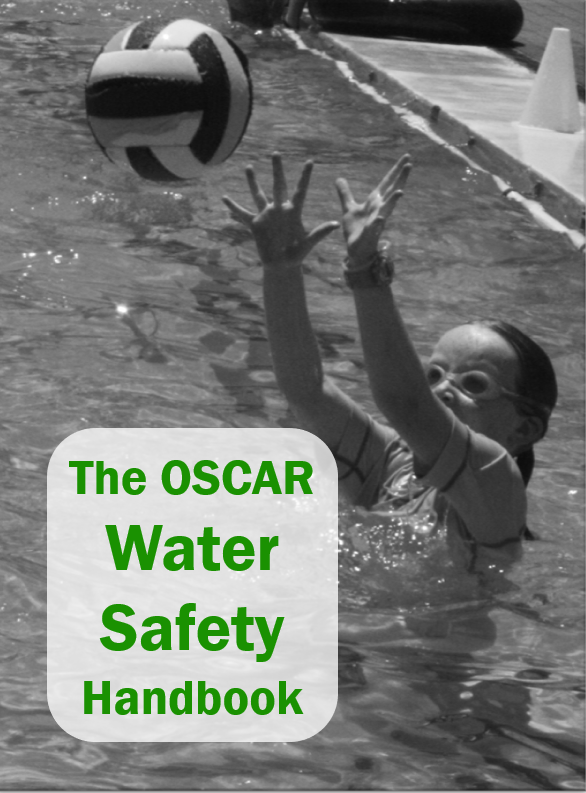
Water Safety Handbook
Supervising children in the water is a serious business. This resource will help your staff become effective pool supervisors. Practical guidelines cover the likely risks and hazards and actual tasks needed pool side. A simple observational checklist is included to help with giving feedback. Comes with more in-depth guidelines for those with overall responsibility for pool safety, as well as a sample pool safety policy. Print copies $4 each ($10 non members).
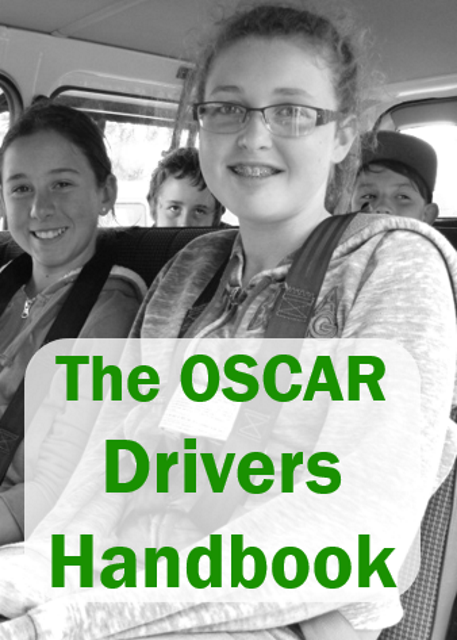
Drivers Handbook
For services that are providing transportation, we have made this compact set of guidelines and essential information for drivers. There are guidelines about safe driving, space to outline your expected driving route and likely hazards, as well as suggested procedures for pick ups and managing behaviour in transit. Daily checklists are provided for both drivers and vehicles, as well as a comprehensive checklist for observing driver practices on-the-job. Print copies $2.5 each ($5 non members).
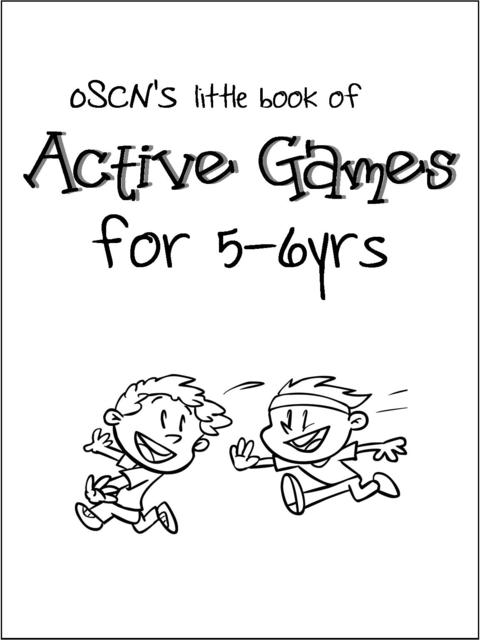
Games Booklet
If your staff "go blank" when asked to fill in with a game, or if you just want some new ideas, these booklets are designed to fit easily into a pocket. There are three different booklets: active games for 5-6yrs; active games for 7+yrs; time fillers. A good starting point for some active fun! Print copies $4 full set ($7 non members).
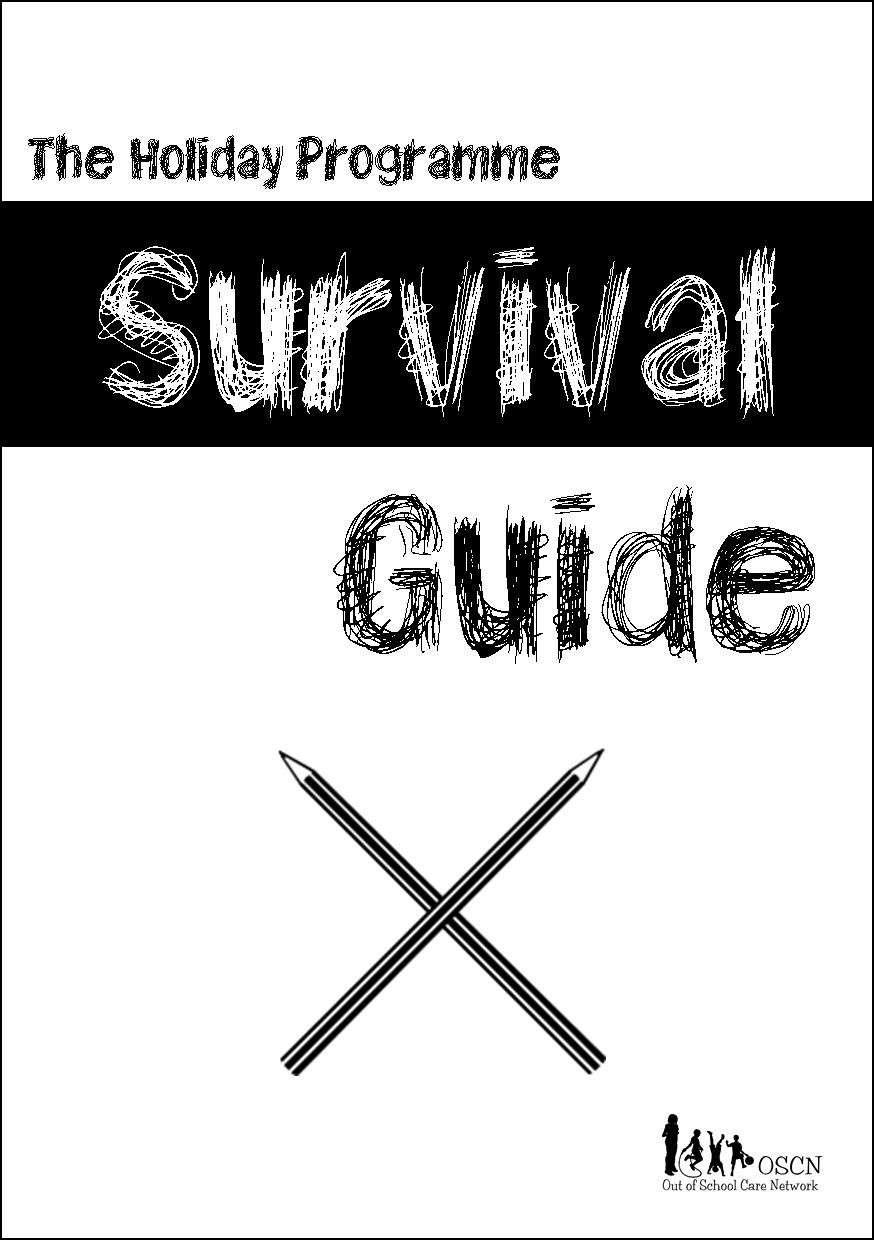
Holiday Programme Survival Guide
Everything you need to know about operating a holiday programme, all in one place: facilities, staff, programme planning, safety, fees and finances, tips for your first day. A bit of everything and the on-line version has lots of links to sample forms and extra content. If you are new to the challenging world of HP planning, start here. It's also a very useful resource to have on hand for inducting new co-ordinators or reviewing your current practices. Print copies $5 each ($10 non members).
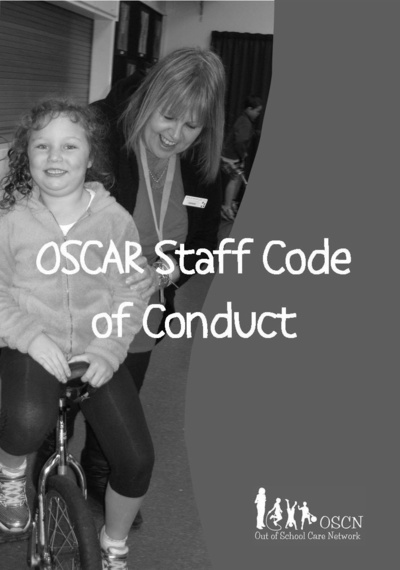
OSCAR Staff Code of Conduct
Our original Code of Conduct has been adopted by many OSCAR operators. This is an updated version (2013), that incorporates feedback from the sector and from external agencies such as the MSD OSCAR Assessor team. This is a ready-to-use document that complies with key requirements in the Accreditation Standards for OSCAR and gives a straight-forward outline of the role of staff in OSCAR services, including personal conduct, duty of care and professional boundaries. Print copies $3 each ($5 non members).
Essential OSCAR resources
Staffing - the right people & the right processes
Staffing has a major impact on the day to day quality of an OSCAR service. Most OSCAR work is part-time or casual, so finding and retaining suitable staff can be a constant challenge and there can be a fair bit of paper work. To make this a manageable task we focus on a few key documents to get your employment relationships off to a good start.
Even if you are already well-established as an OSCAR employer, we recommend you read on or use this employer self-assessment checklist for an overview of our employment essentials.
If you are looking for a particular document, we have a range of practical, user-friendly resources in our archive.
The foundations of a successful OSCAR workplace
Clear roles and responsibilities: the job description
All new staff members need a plainly-worded outline of their role. This includes staff coming to your workplace with previous OSCAR experience because there is often significant variation in how OSCAR services organise staff roles and duties.
It is important that job descriptions reflect the actual tasks that staff members are currently expected to do and also the current priorities of your organisation. It is often the case that staffing problems or disputes start from a poor understanding of the requirements of the job, so it is well-worth some time and attention.
Are your job descriptions up-to-date and fit for purpose? Read more about job descriptions.
An effective recruitment process that meets legal requirements
Recruitment of staff is likely to be a fairly frequent occurrence in an OSCAR service, so it makes sense to have a well-organised process that attracts the right staff and effectively screens out potentially inappropriate people.
The Children's Act sets out clear requirements for background checking applicants. This is summarised in our staff risk assessment form , which is a useful starting point for getting ready to recruit.
Read more about the recruitment process, including employment agreements.
Well-organised staff inductions
OSCAR programmes can be hectic and demanding environments. New staff members can feel like it’s a case of “sink or swim”. In their first few weeks on the job, they will need the time and support of more experienced colleagues.
A systematic induction process, organised through a simple check list, will help ensure that “everything gets covered” while still allowing flexibility to help new staff members individually. Read more about staff induction.
Opportunities for regular feedback and on-the-job learning
Once staff have settled in, employers should maintain open and constructive communication. An early response to problems or concerns is crucial and regular feedback can help open the way for conversations about performance that may need to happen from time to time.
Many staff members say that they would like more feedback from their employers, so we have a number of resources to facilitate regular staff learning and skills development. It would be fair to say that nearly everyone finds formal performance appraisals awkward and not all that productive, so we have some guidance to help put this in perspective. Read more about managing staff performance.
Essential OSCAR resources
Getting started with health & safety
In any OSCAR programme, the safety of children will be a paramount concern at all times. In our experience, a safe programme is best achieved through good communication, simple systems and a focus on the ongoing learning, for children and staff, that is a natural part of a thriving OSCAR programme.
A practical approach
Good staff safety practices are mostly learnt "on the job". From their first day onwards, staff members should be able to progressively take on more responsibility for safety and supervision of children. This is helped greatly by having in place a positive learning culture where asking questions and sometimes making mistakes is part of the process.
Children also learn about safety from experience. Effective OSCAR staff can maintain safety while children are active and involved. In the overall scheme of things it is these staff practices that matter most for day-to-day programme safety.
If you want to dive right into a particular aspect of safety then these resources might be what you are after - search for these titles in our archive :
- Health and Safety (view sample)
- Risk Assessment - sample forms (view sample)
- OSCAR Programme Supervision Manual (view sample)
- OSCAR Water Safety Handbook (view sample)
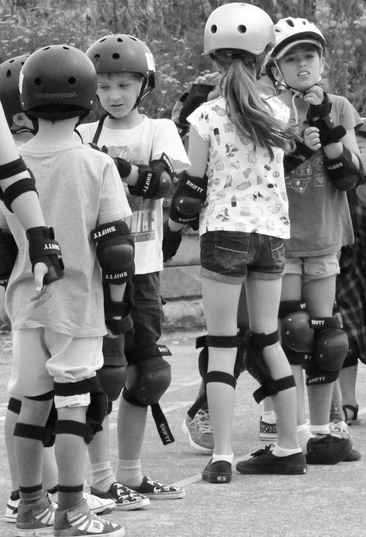
All you need to know about health and safety in OSCAR
The topics below form a complete picture of the safety management process. If you already have a system in place, you might find this helpful: OSCAR health and safety self-assessment tool .
Health and safety law requires that staff are trained in in their programme safety requirements. OSCN runs workshops as well as in-house training sessions on a range of practical safety topics. Please enquire with us or look at our current course information.
Legislation and standards
OSCAR services are not subject to specific regulations like those governing schools and early childhood centres but there is legislation that you should be aware of. Most OSCAR services also operate under the Social Sector Accreditation Standards for OSCAR. Read more about OSCAR-related legislation and standards.
Risk assessment
Because your participants are children, each day of a programme will present new opportunities for fun and learning, along with with new challenges for maintaining a safe environment. Risk assessment is a process for actively managing the risk of harm, which is a basic requirement under health and safety law. Read more about getting started with risk assessment.
Developing policies
Writing policies is good way to get everyone involved in your service “on the same page”. If you wish to be accredited as an OSCAR provider, you will need polices that meet the Social Sector Accreditation Standards for OSCAR. Policies will act as the “rules” of your organisation: they don’t need to be complicated but they should not be taken on board without a clear understanding. Read more about health and safety policy for OSCAR.
Safety checks and processes
It is not enough to have a well-worded policy. This needs to be implemented through procedures that staff understand and carry out consistently, including regular checking and reporting. Read more about safety checking requirements and ongoing safety processes.
Useful documents
OSCN has a range of health and safety documents: sample policies, checklists, staff induction resources, sample risk assessments. Link to OSCN document area. (OSCN membership required to log in.)
Essential OSCAR resources
Behaviour guidance - getting on the right track
While most children will tell you that “OSCAR is not like school”, it is still a learning environment. In particular, children are learning how to get along with each other. For this learning to thrive there needs to be an environment where children are safe, not only physically, but emotionally and socially as well.
We talk about behaviour ‘guidance’, rather than management because effective OSCAR practitioners often say that they prefer to work alongside children in the roles of facilitator supporter and educator. The co-operation and active participation of children in the day-to-day running of the programme is a common theme in many happy and humming centres.
This does not mean “taking the easy option” and avoiding the responsibility to help children behave well. There needs to be compassion and flexibility, backed up by firmness and a programme-wide focus on effective discipline practices.
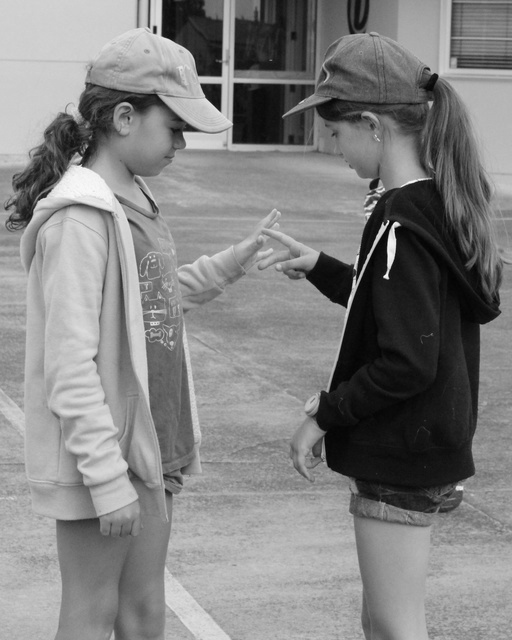
A positive focus, essential skills and a good climate
There are many very effective ways to "get alongside" children because staff bring their own unique personality and experiences to this role. Also, each programme has its own unique culture, character and ways of doing things. However there are some common elements that we have seen in effective approaches.
Read more: a check-list to help you review behaviour guidance at your programme
Staff should focus on positive behaviour as much as possible and this starts by setting an example through their own behaviour. As children grow and mature socially, they look for consistency between staff/programme expectations and how staff members behave toward children and each other (e.g. respectful communication, manners, consideration of others.) Do your staff “walk the talk” in their own actions and interactions?
Read more: our Code of Conduct outlines professional expectations for a child-focussed environment
A frequent staff complaint or frustration is that “the kids aren’t listening.” It can be a struggle to establish positive and respectful working relationships with a group of children. The good news is that regular practice of some basic skills will help in situations that staff commonly find challenging.
Read more: "Helping children stay on track"
"They aren't listening!" Getting groups under control
At the same time as taking a positive focus, there needs to be a well-managed programme climate. Consistently applied boundaries that make it clear what is and isn’t OK at the programme is a useful starting point. This needs to be backed up by strong leadership and support form senior programme staff.
Read more: "A place for children"
Other articles on working with children
Search for these titles in our archive :
- " Tips for keeping your cool"
- ADHD: strengths-based programming and behaviour guidance
- Out of School with ASD (Autistic Spectrum Disorder)


